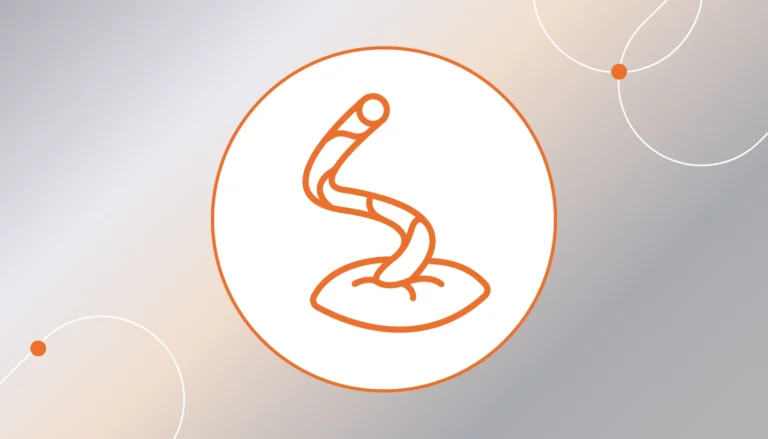Low blood pressure in pregnancy is usually not associated with serious circulatory disease. This is mostly a natural phenomenon, in the course of which the pressure value falls by nearly 10 mm Hg. However, it causes unpleasant symptoms, even dangerous to health. Regular walks or a good diet regulate blood pressure.
Low blood pressure in pregnancy is determined by many factors. Depending on the reasons, the decline in its value may persist for a long time or occur episodically. The way to raise blood pressure is, first of all, to lead a healthy lifestyle.
Too low blood pressure in pregnancy – causes
Low blood pressure in pregnancy is rarely associated with cardiovascular disease in the mother-to-be. A decrease in blood pressure in pregnancy is already observed in the first trimester mainly due to increased levels of progesterone, the hormone responsible for the elasticity of blood vessels. Low blood pressure at the beginning of pregnancy is a natural but harmless phenomenon, in the course of which the value of pressure, usually diastolic, falls by nearly 10 mm Hg. At this stage of pregnancy, blood volume also increases, which also slows circulation. Low diastolic blood pressure in pregnancy can also be the result of dehydration in the body of the mother-to-be. Inadequate hydration, or drinking too few fluids, slows down the metabolism, causes an increase in body temperature and increases the activity of sweat glands, whose increased work further amplifies the degree of dehydration. Hypotension in pregnancy is also often the result of exhausting exertion, especially prolonged standing, and lack of physical activity. The upright position and immobility promote improper circulation of blood from the lower parts of the body to the brain, which provokes a drop in blood pressure and can result in weakness or fainting. It is also common to see low blood pressure and high pulse rate in pregnancy. On average, a pregnant woman’s heart rate increases by up to 20 beats per minute. The heart works faster to compensate for the loss of pressure and pump blood through more flexible vessels.
Low blood pressure in pregnancy – symptoms
Low blood pressure in pregnancy usually manifests itself with a group of nonspecific but annoying symptoms that can involve a number of chronic conditions. As a result of hypotension, one can most often experience dizziness, tinnitus and drowsiness. Visual disturbances in the form of dark circles in front of the eyes are also not uncommon. The mother-to-be may also complain of general weakness and feelings of fatigue that are not due to physical exhaustion. Hypotension in pregnancy often causes headaches and trouble concentrating, is the cause of a feeling of palpitations, and chills the skin of the feet and hands. Very low blood pressure in pregnancy, in turn, is often associated with fainting due to cerebral hypoxia. This is potentially the most dangerous symptom of hypotension, as it can cause an unfortunate fall and create a dangerous head or abdominal injury to the mother. Symptoms of low blood pressure can occur with varying degrees of severity.
How to raise blood pressure during pregnancy?
Low blood pressure in pregnancy can be safely raised and avoid recurrence of unpleasant symptoms. First and foremost, it is worth taking care of proper hydration of the body especially during the summer. It is recommended to provide a minimum of 2 liters per day. The best are still or lightly mineralized water and natural fruit juices mixed with water. It is also a good idea to drink herbal infusions, such as chamomile, which further regulates intestinal function. For hypotension in pregnancy, light general physical activity, such as walking, yoga or dancing, is absolutely indicated. It is also necessary to take care of the salt supply, which can then be slightly higher than usual. Coffee in pregnancy with low blood pressure is not prohibited, but it is worth limiting its consumption to a maximum of 2 weak cups. An invaluable way to lower blood pressure is to rest and sleep in a position on the left side, which improves blood flow and oxygenation throughout the body.
Rate this article:









